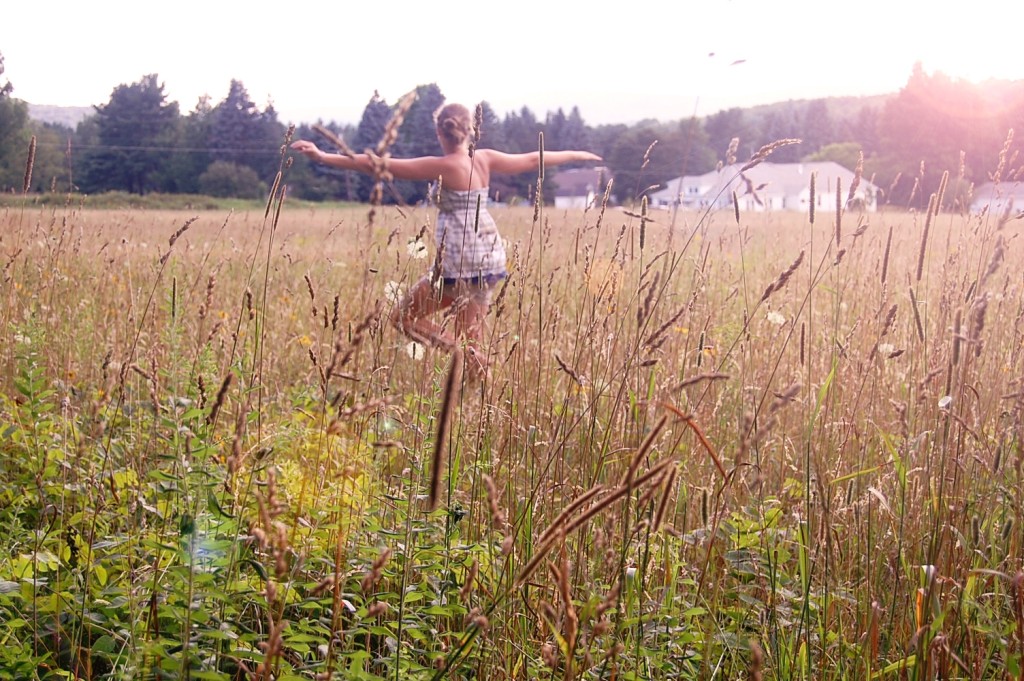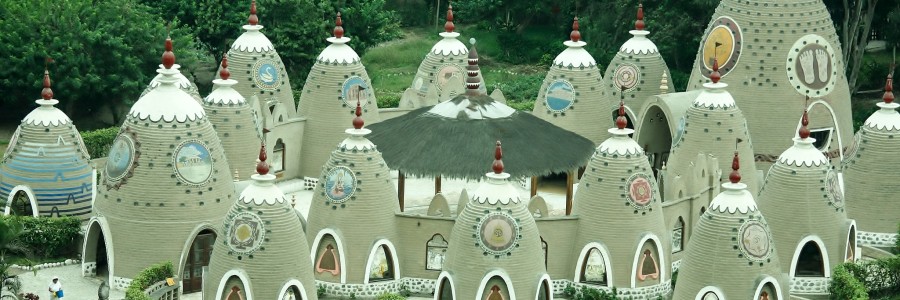First of all, what are ecovillages? Here is a wonderful quote that explains what ecovillages are in a nut shell:
“Ecovillages are human-scale, full-featured settlements in which human activities are harmlessly integrated into the natural world in a way that is supportive of healthy human development, and can be successfully continued into the indefinite future.” – Gilman
The way we live and what we do daily, changes the world. Every small and big step counts. The idea of starting or joining an ecovillage is an attractive idea for people looking for ways to better the world. The opportunity to be a part of a meaningful and intentional way of contributing to the planet is an exciting thought.
66% of world’s people in 2050 are expected to live in urban areas, rising from 54% in 2014. Sustainable urban development has to find ways to adapt to this increase. Ecovillages have an important part in this since they are working on finding and experimenting with different ways to live sustainable. Their example can have a real impact on the course of global sustainability.

5 things we can learn from ecovillages
Here are 5 things we can learn from ecovillages:
1. Economic sustainability
Ecovillages not only wish to change their environmental impact but how their economy works as well. Their economic goals encompass community self-reliance, sustainability and social justice.
2. Sustainable building
The focus of the houses are to live as energy-efficient as possible with a low footprint on the environment. Recycled or local resources and sustainable materials – such as straw bale, hemp – are used with a focus on high insulation and durability.
3. Renewable energy use
The ultimate goal is to use less energy than is produced by the ecovillage. This is reached by ingenuity and using renewable resources (solar, wind, water, bio-gas etc.) as well as reducing the energy consumption.
4. Sustainable agriculture
Simply put, sustainable agriculture is the production of food, plant or animal products using farming methods that protect the environment, public health, human communities, and animal welfare.
5. Community living: shared space and sharing skills
Every eco-community consists of a different group of people and therefore have different social ideals. The main common goal is to increase face-to-face organisation as well as interaction in a setting where people can thrive and develop their potentials. Sharing skills takes place with the prospect of bettering the community and therefore their quality of living.
In following posts we will take you on a journey to explore how ecovillages master these points, featuring one ecovillage in each article. In the meanwhile, we recommend to watch this video by the Global Ecovillage Network:
Further readings:
Documentary: A New We: Ecovillages and Ecological Communities in Europe (http://www.imdb.com/title/tt4110244/?ref_=ttqt_qt_tt)
Sources:
KT Litfin, Eco-villages: Lessons for Sustainable Community (Polity Press, Cambridge, 2014); [2] J Fosket and L Mamo, Living Green: Communities that sustain (New Society Publishers, Gabriola Island, Canada, 2009)
http://www.un.org/en/development/desa/news/population/world-urbanization-prospects-2014.html

